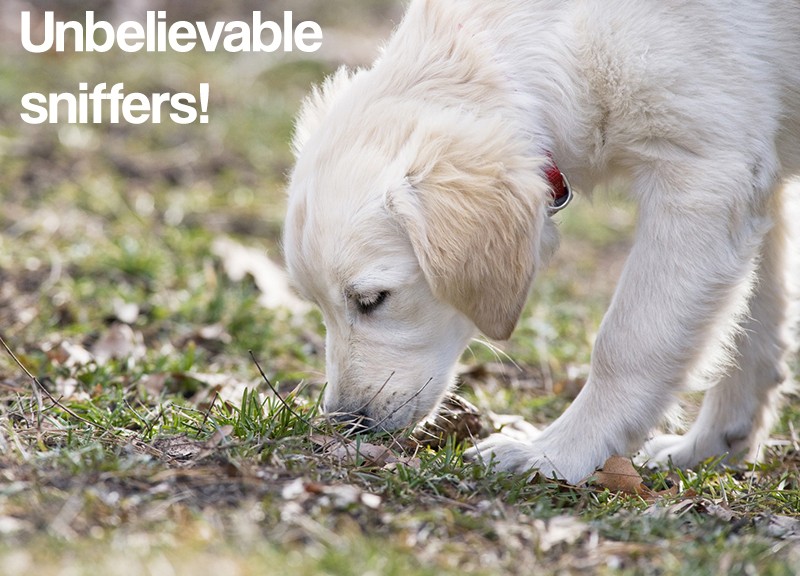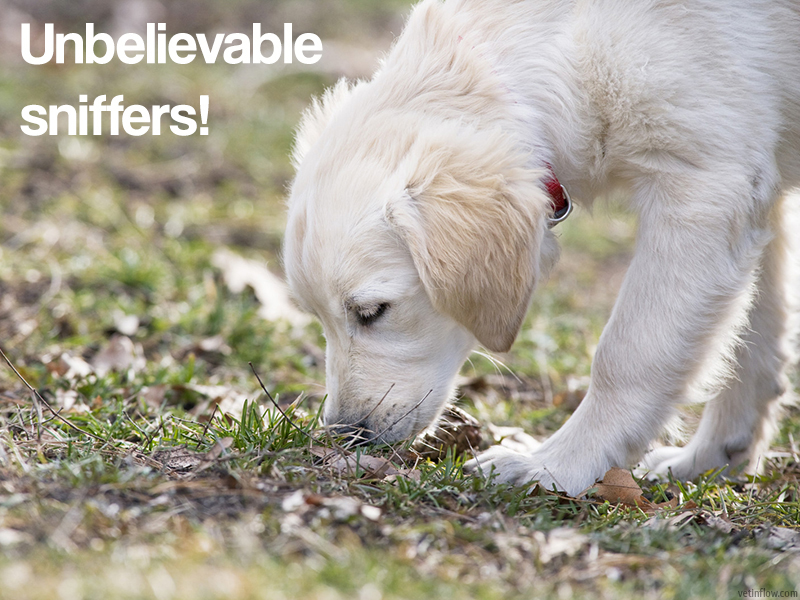
Pancreatitis is a common disease in middle-aged to old dogs that can be very painful and even life-threatening.
The pancreas is very important for dogs and humans alike. This is the organ directly responsible for the production of insulin, which plays a key role in the way the body handles sugar, and for the production of digestive enzimes that will help with food digestion. This organ is located within the abdomen, behind the stomach and the first portion of the small intestine.
Pancreatitis refers to inflammation of the pancreas and although it is still unclear exactly what triggers this condition, the process involved and some predisposing factors are known.
The pancreas produces digestive enzimes meant to become activated once they reach the small intestine so they can contribute to breaking down and digesting food. The body has natural safeguards that keep these enzimes from being activated anywhere other than the gut but it is possible for these mechanisms to fail. When this happens, pancreatic enzimes become prematurely activated and can start digesting the pancreas from within, causing inflammation and affecting other organs.
Pancreatitis can be acute or chronic and dogs with chronic pancreatitis display low grade, intermittent clinical signs. Clinical signs commonly related to pancreatitis include depression, loss of appetite, vomiting, diarrhoea and abdominal pain. It is typical for dogs in pain to raise their hindlimbs and extend their forelimbs assuming a “prayer” position. This position helps them alleviate pain.
Several risk factors have been recognised and associated with pancreatitis in dogs such as obesity, dietary mishaps normally associated with fatty foods, concurrent diseases such as endocrine conditions, and certain drugs. Canine pancreatitis is really just one more reason to help your dog reach and maintain a healthy weight.
An association between certain breeds and canine pancreatitis has also been observed. Yorkshire Terriers, Miniature Schnauzers, Cavalier King Charles Spaniels, English Cocker Spaniels, Boxers and Collies are described as more likely to develop this condition.
If your dog is showing suspicious signs or if you could use some advice to help your pet lose weight consult with your veterinary surgeon.
Would you like to know more about dogs? Check our Canine Courses:


